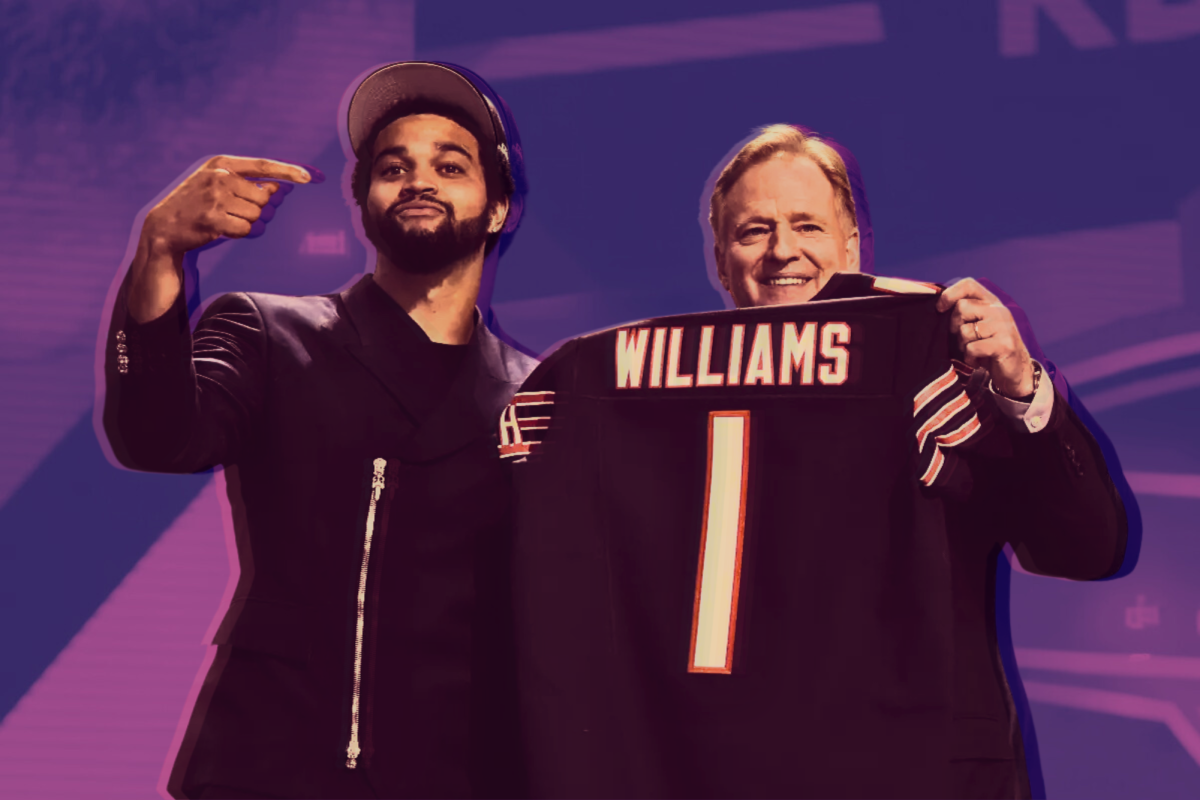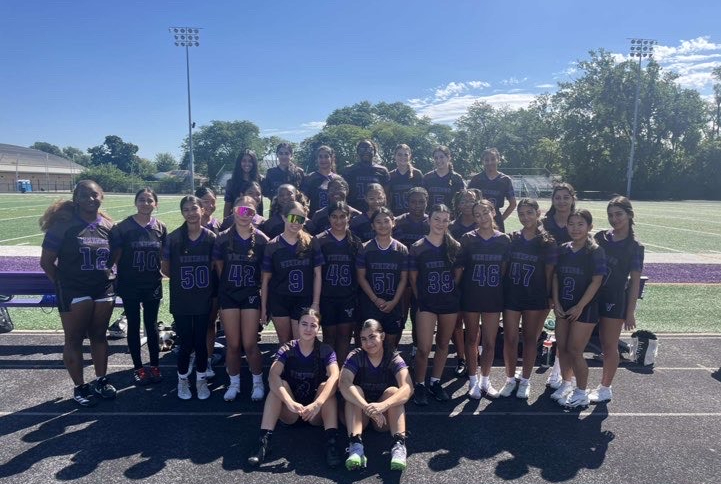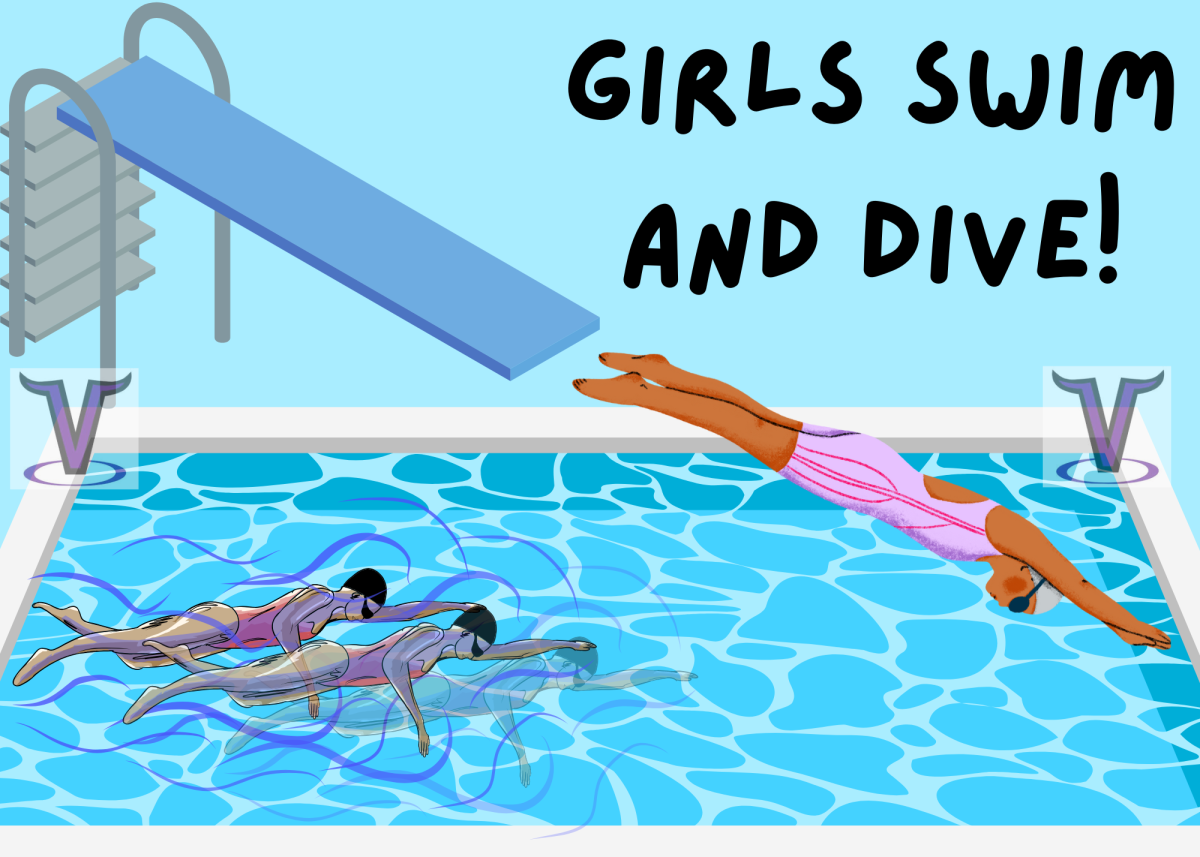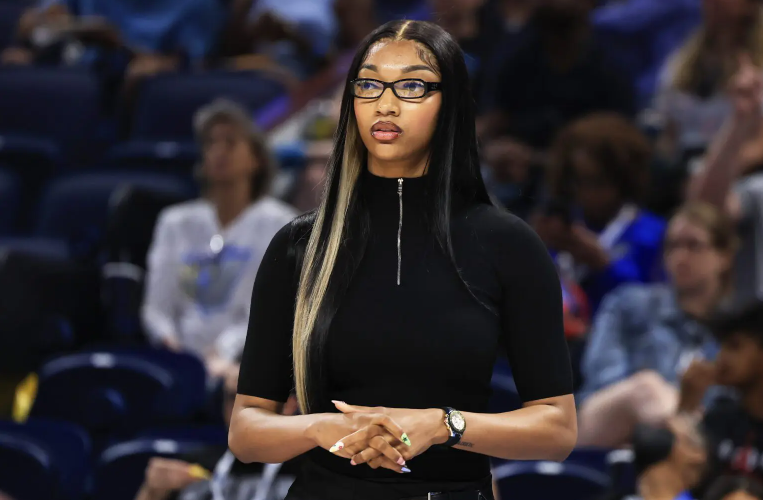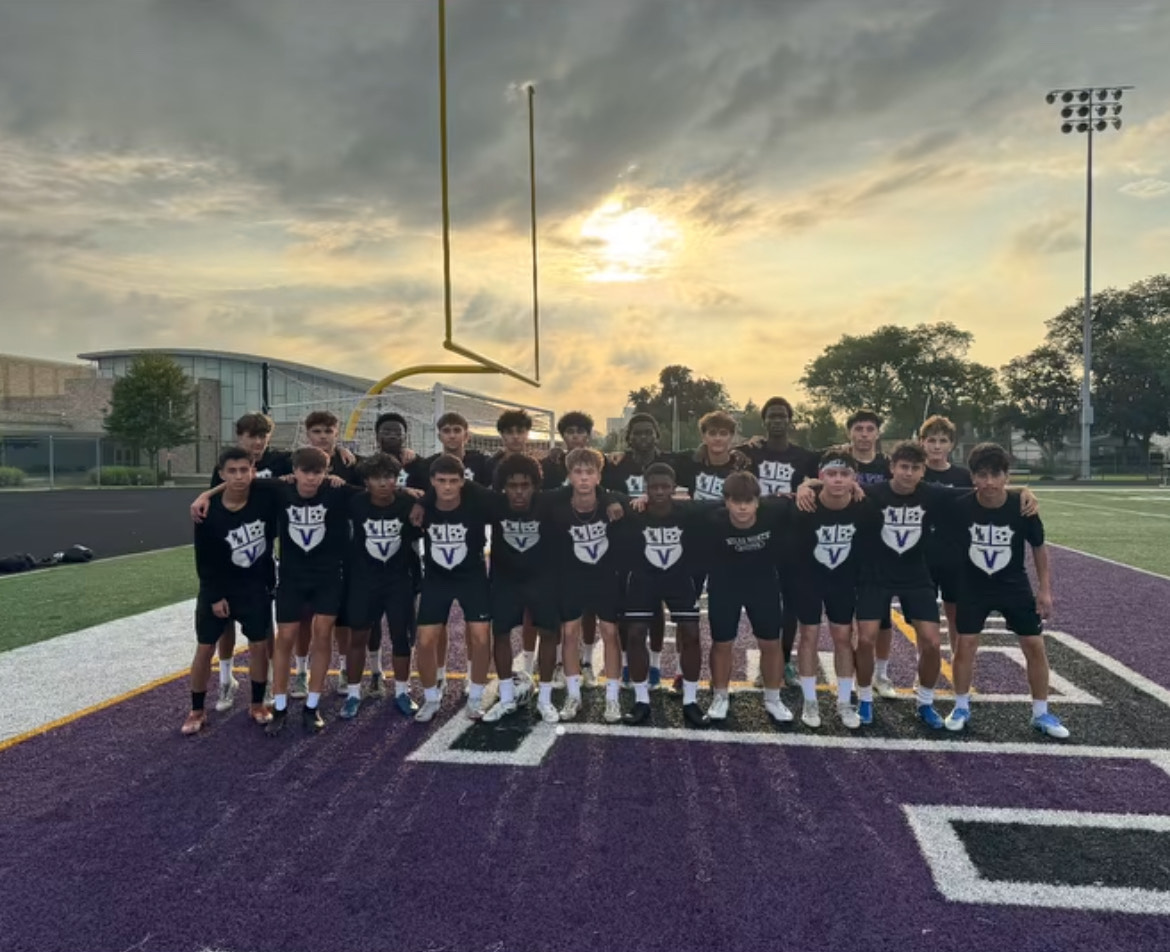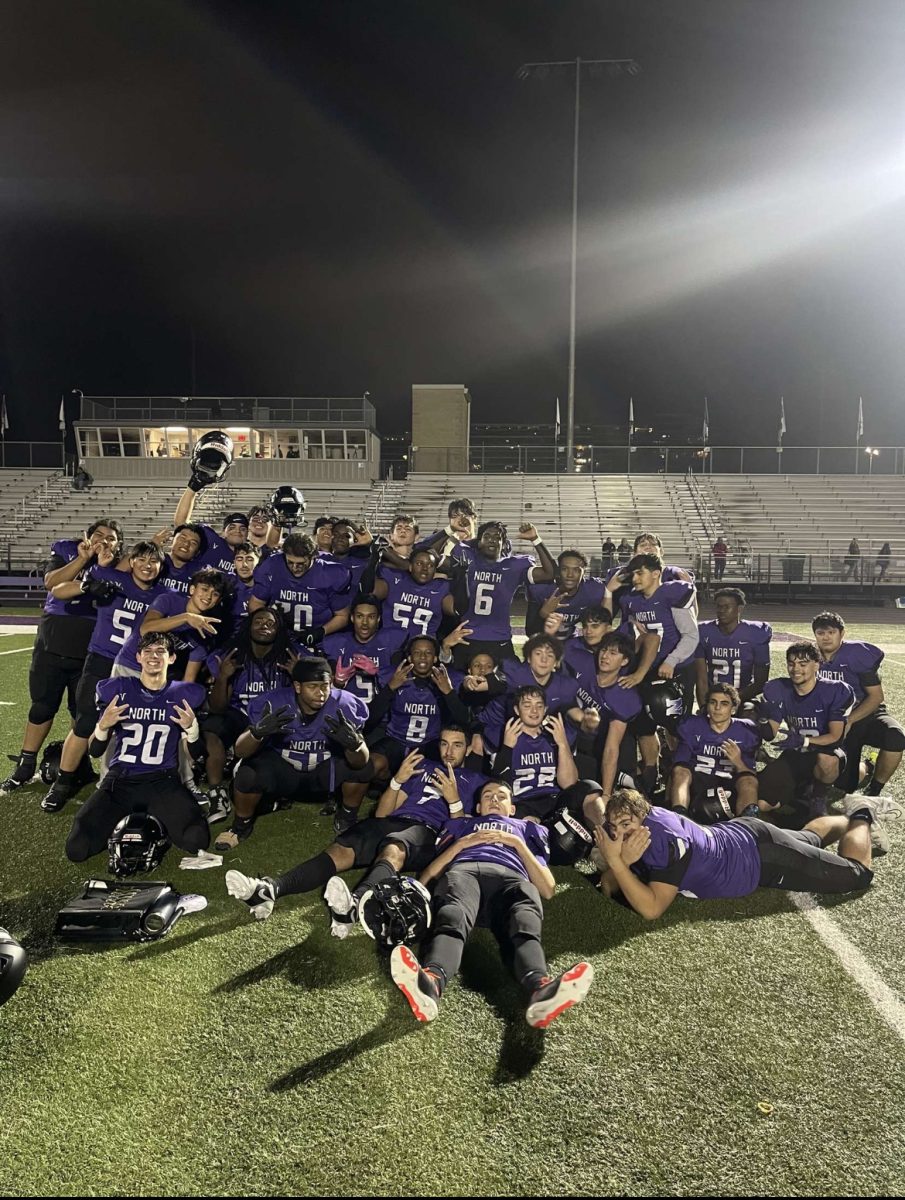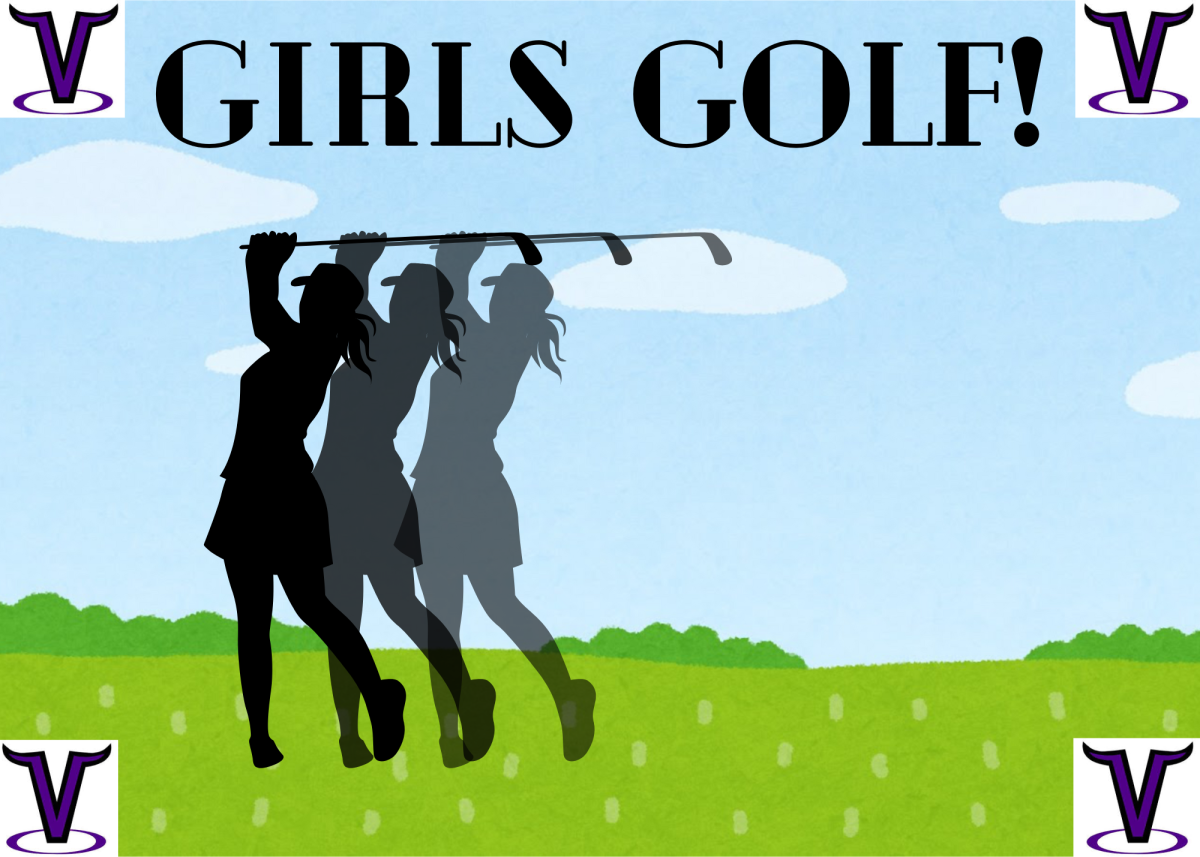Now, I know what you’re thinking after reading that title: this has to be clickbait, right? I mean, sports have basically been the same forever. And what would that even look like? Well, after literally years of thought, I’m here to make the case for reforming sports.
A little background on this whole argument that I’ve been developing for a while: I’ve grown up watching hockey. My dad and grandpa are from Russia where hockey was always the top sport, and I essentially spent my whole childhood from around age seven watching it with them. In the last couple of years I’ve been getting more into college football, but of course, I also have friends who are NBA fans, NFL enjoyers, and MLB enthusiasts.
In fact, around fourth or fifth grade, I became a huge NHL fan—I watched all the regular season games, I knew all the top players’ stats, I proudly wore all my Blackhawks t-shirts, hoodies, and baseball caps. To any childhood sports fan, I’m sure this sounds at least somewhat familiar.
As I got older, my hobbies changed instead to listening to music, watching movies, and hanging out with friends, and after starting high school, were then themselves eclipsed by homework, clubs, and more. Weirdly enough, when I now sit down every once in a while to watch a game, though, I’m not just indifferent to it, I actually sometimes get bored doing so. But why is that? Since my sports-loving days from years ago, the leagues have all stayed the same, the sports have stayed the same, and my favorite team has only improved.
Well, I’ve been thinking about the answer to the question for a while now, and I think the reason is precisely that: everything has stayed the same. So much of our sports in America are boring by design. At least in my area of expertise, the NHL, the rules that ensure this are as follows: 1. There is a hard salary cap, meaning that richer teams have little to no advantage over poorer ones. 2. There is a strict bottom-up draft lottery, in which the worst teams in the league are essentially guaranteed the best spots in the Draft, with little variation year-to-year.
So, though theoretically this system works to prop up worse-off teams against the elite ones, in reality, it often ends up creating the following incessant cycle: a good team’s core gets older → they get fired/retire → the team strategically acquires bad players to lose games and become among the worst teams in the league → they get a couple good picks in the Draft, then again next year, and now they’ve got a decent young core to work with.
And the amount of teams I’ve seen go through this cycle is insane. In effect, what this system creates is leagues with little to no randomness and a whole lot of the tedious predictability (sometimes covered up under the guise of “parity”) which has led me to stop watching sports. Nowadays, sports are only exciting in specific scenarios: the playoffs, where some randomness can sometimes be found, when going to watch a game in-person, where the energy in the room is enough to forget about the pointlessness of each goal scored, etc.
Critics might argue against this, saying that there are obviously places where randomness happens: a given coach’s style, an underwhelming star rookie, etc. This is generally not wrong; but, especially in an age when it feels as though more and more players are on the same “elite” level and coaches/general managers are more and more generic in their coaching/managing manners, it becomes almost insignificant in comparison to the overall predictable trends of a sports season.
It’s no coincidence that in recent years, sports viewership has tumbled, sports betting has risen to dramatic heights, and the remaining sports fans out there have flocked to the NFL, the one major league in which each team plays just once a week (enlarging the chances for regular-season randomness). Increasingly, sports are becoming more and more reliant on artificial hype and betting to keep bored fans from canceling their ESPN subscriptions.
But what can we do about all this? In my opinion, what’s needed is a reforming of the system. First off, not only should all leagues have a draft lottery (ahem, Roger Goodell), but we should allow it to be relatively random. The chances of getting good players should be more evenly spread out among the bottom bracket of the league, and the top bracket should have at least a small chance of getting decent players.
The salary cap should be softened somewhat so that teams have more leeway in choosing who to sign/how to distribute their budgets. I also like the idea of a play-in tournament to allow worse teams a chance at the playoffs. Both of these were implemented by the NBA last year, and at least so far, have made watching it more exciting.
Again, this is not me trying to somehow favor good teams over bad ones—we certainly don’t need that. The MLB, with its infamous no-salary-cap blueprint, is a prime example of what such a policy leads to. Nonetheless, this is an honest attempt at reforming one of our greatest cultural institutions.
The current system is, at its core, boring. Before the start of the season, we already know who the best and worst teams in the league will be. Then comes the uneventful regular season, with the occasional star injury here or rookie breakout there, and finally we get to the playoffs, where the only real competition happens, usually between those previously-predicted top few teams.
But what if it didn’t have to be this way? What if a bad team could improve not only by tanking their way to the top of the Draft, but also through other creative means? What if a good team didn’t necessarily have to become terrible after their franchise player aged a couple of years? What if a mediocre team was able to break out suddenly in a play-in tournament and challenge the #1 squad in the playoffs?
Let’s make enthusiastic sports rivalries the content of fierce third-grade lunchroom debates again. Let’s make regular-season games competitive. Let’s bring back the excitement of true competition, where every team has a fighting chance and no one is ever counted out. Let’s make sports exciting again.


